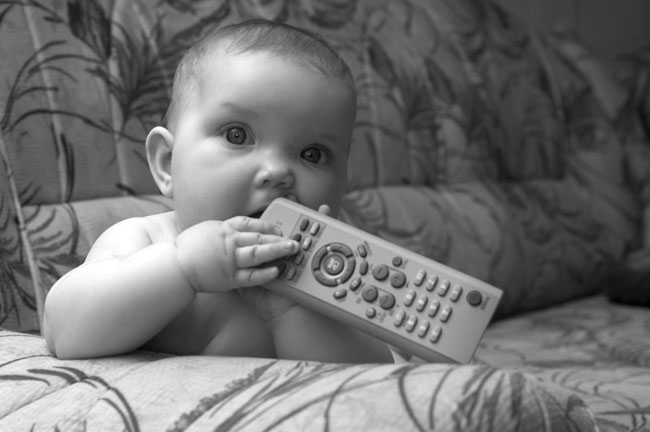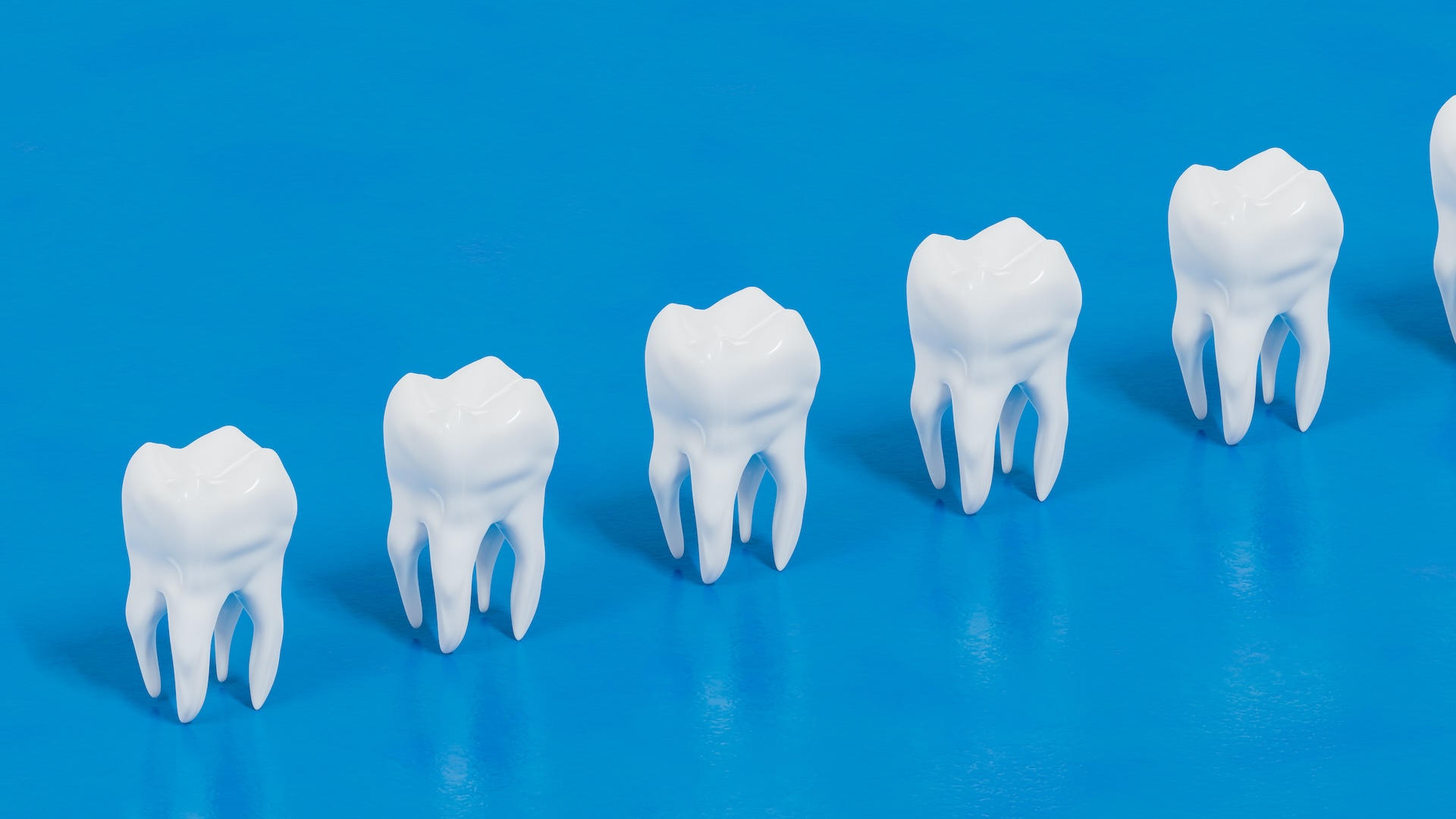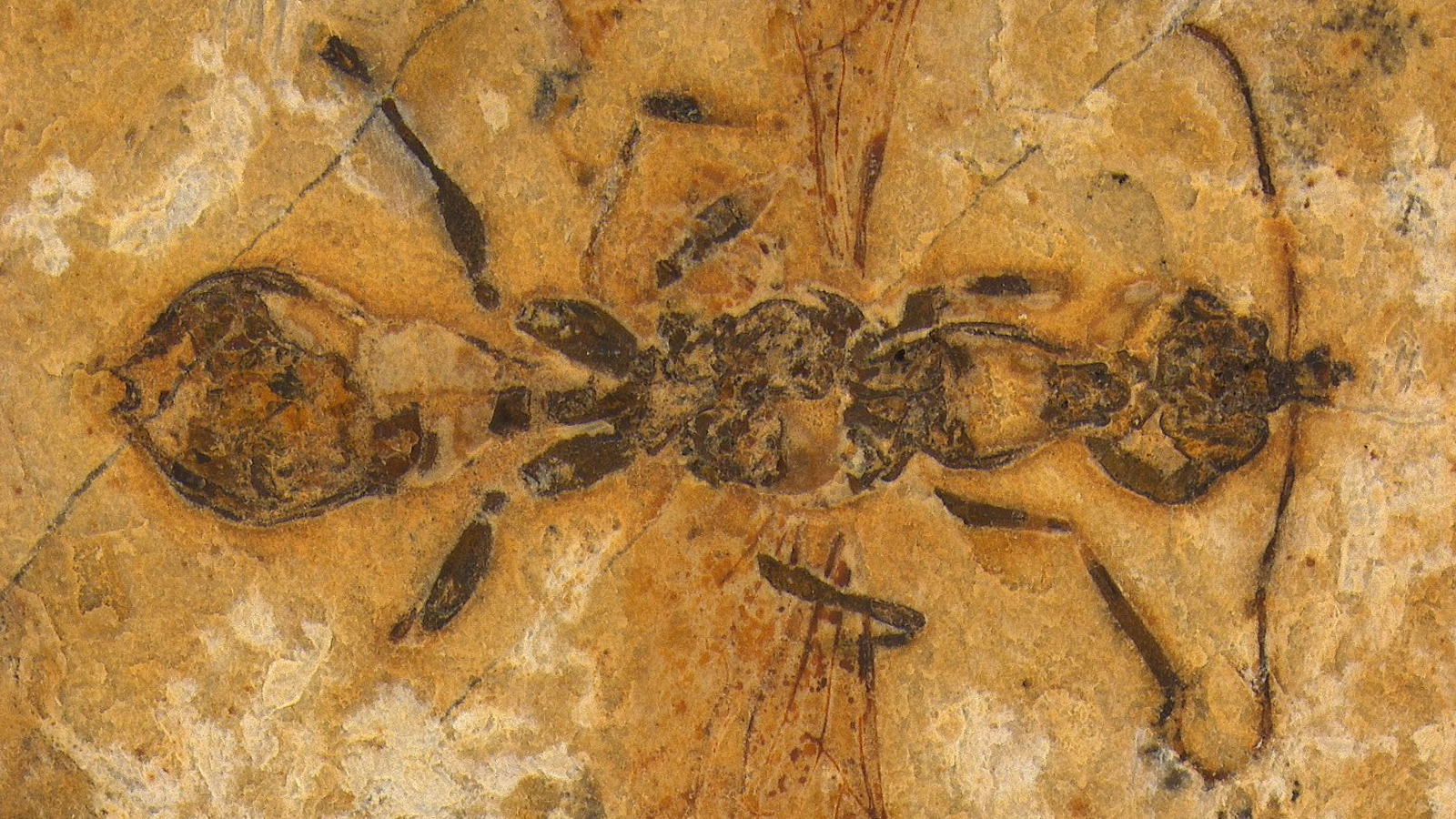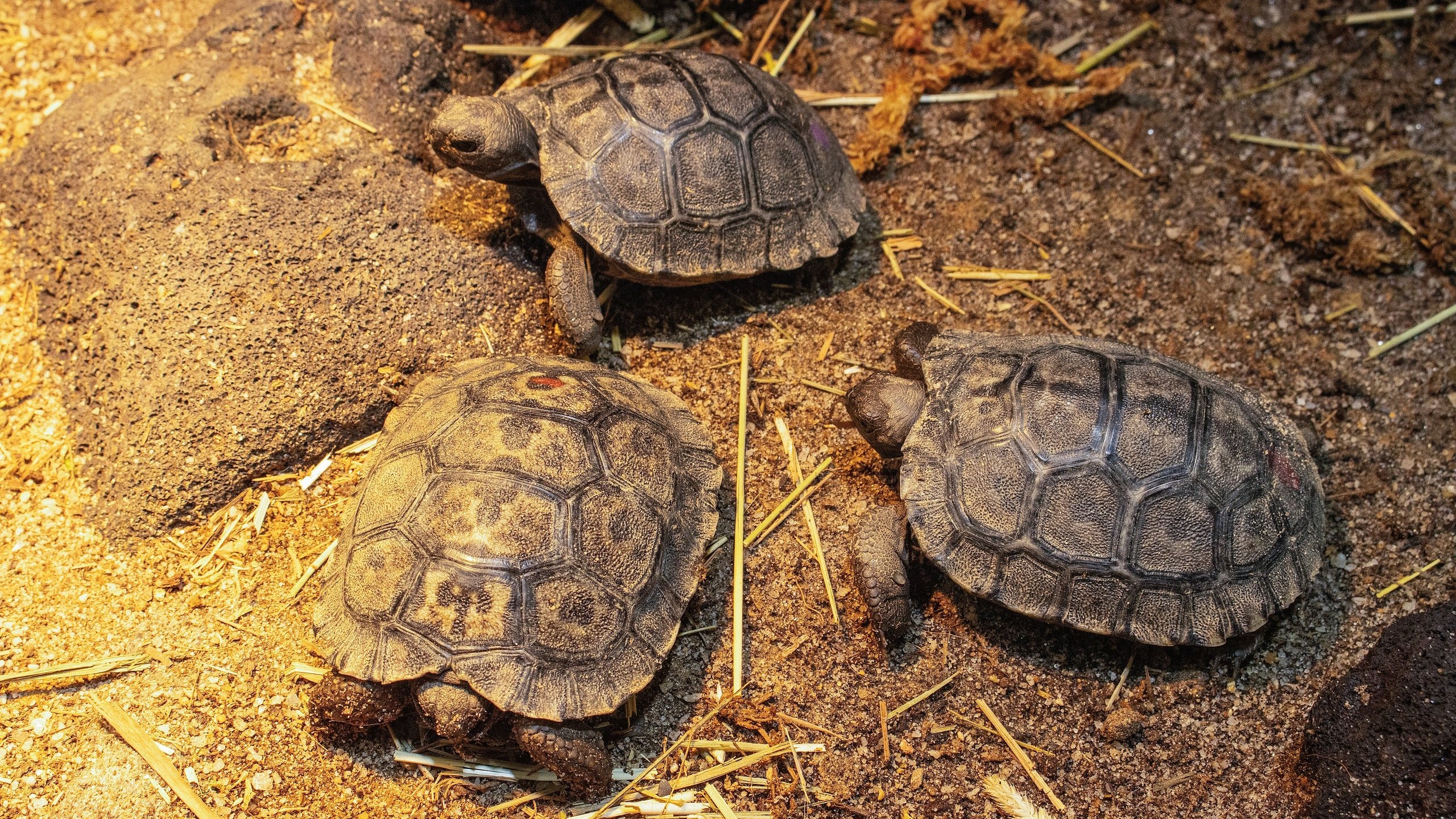Study Slams Baby Videos, Company Slams Study

NEW YORK—This year has brought the recall of millions of toys tainted with lead paint, a toxin known to lower IQ in children. But just when you thought it was safe to go back into the toy chest, here comes another shocker: Those fancy educational videos, CDs and DVDs aimed at infants also might be making babies dumber.
Researchers at the University of Washington have found that for every hour per day spent watching DVDs and videos, infants ages 8 to 16 months understood an average of six to eight fewer words than infants who did not watch them. The results appear in this month's Journal of Pediatrics.
Scientists have said for years that babies best develop cognitively through live interactions with caretakers, not from watching video. And the American Academy of Pediatrics has recommended no television at all for children under age 2 since 1999.
What's new is the finding that so-called educational and brain-development products can have not just a neutral but reverse effect, delaying speech development because the baby is robbed from interactions with real people.
"There is no clear evidence of a benefit coming from baby DVDs and videos and there is some suggestion of harm," said Frederick Zimmerman, lead author of the study. "We don't know for sure that baby DVDs and videos are harmful, but the best policy is safety first. Parents should limit their exposure as much as possible."
Cathode ray nipple
Baby Einstein wasn't singled out in the study, but the company did take the brunt of the negative news reports last week, partly because of the sheer irony of the company's name in relation to the study results and partly because it is mentioned negatively in the University of Washington press release. Not surprisingly, Baby Einstein's parent company, Walt Disney, yesterday demanded an immediate retraction of the press release.
Sign up for the Live Science daily newsletter now
Get the world’s most fascinating discoveries delivered straight to your inbox.
Disney CEO Bob Iger called the press release "deliberately misleading, irresponsible and derogatory" because it "blatantly misrepresented what the study was about [and] distorted the actual findings and conclusions."
While the press release might have brushed aside the study's statistical shortcomings, several sociologists at the annual meeting of the American Sociology Association here this weekend told LiveScience they were not surprised at the University of Washington findings because preliminary data from other studies had hinted as much. And companies such as Baby Einstein and Brainy Baby, despite being good-natured, have little science to back up claims—sometimes implicit, other times bold—that their products make infants smarter.
In a written statement from Baby Einstein to LiveScience, the company said its products "are designed as tools and a catalyst to promote interaction between parents and their young children."
Interaction is indeed good. The quantity of time mothers spend with children has a positive effect on language acquisition, particularly when mothers are "verbally skilled," according to Amy Hsin, a doctoral student at the University of California, Los Angeles, who presented her result Sunday at the ASA meeting.
Yet as some parents can relate to, some infant videos can be maddening to watch, and too often the multimedia serve as a surrogate caretaker while the real caretaker is taking care of something else, according to Dimitri Christakis of the University of Washington, who led the video-DVD study.
A hunch
Baby Einstein doesn't shy away from the fact that the company was founded by an ordinary mother who believed there was no age-appropriate products to share her love of music and the humanities with her newborn daughter. She went on to design products from what the company calls "a baby's point-of-view."
This is where science ends and wishful thinking begins. The Baby Einstein classical music CDs, for example, don't contain real classical music. They have tinny, synthesized music that the company thinks is more appropriate for babies than the real thing. It's really just a hunch—a hunch that just about any classical musician would disagree with.
Similarly, Brainy Baby's claim that its Brainy Baby Right Brain DVD "assists in Right Brain development by featuring creative objects, classical music and gentle voices," according to the packaging, is based on a hunch that a baby's brain responds to these inputs in the same way a developed brain does. No science supports this.
For the baby, merely playing with the box might be more educational. The real baby Einstein played with blocks.
Quality time
The good news is that parents are doing something right: They are spending more time interacting with their children today than they did a generation ago, a surprise finding, according to Suzanne Bianchi, Professor and Chair Department of Sociology of the University of Maryland, College Park, and co-author of the book "Changing Rhythms of American Family Life."
Sleep and leisure time has remained the same. The sacrifice, Bianchi said, has been the time once dedicated to housework. Moms are multitasking more often, too.
As the whole family takes the Baby Einstein core message about fostering interactions to heart, babies will benefit from this extra face time with brainy mommy, brainy daddy and even brainy older sibling, with or without toys that need to be plugged in.
Christopher Wanjek is the author of the books “Bad Medicine” and “Food At Work.” Got a question about Bad Medicine? Email Wanjek. If it’s really bad, he just might answer it in a future column. Bad Medicine appears each Tuesday on LiveScience.
- VIDEO: Attention Training for Children
- Multimedia Babies: What's a Parent to Do?
- Infants Have 'Amazing Capabilities' That Adults Lack

Christopher Wanjek is a Live Science contributor and a health and science writer. He is the author of three science books: Spacefarers (2020), Food at Work (2005) and Bad Medicine (2003). His "Food at Work" book and project, concerning workers' health, safety and productivity, was commissioned by the U.N.'s International Labor Organization. For Live Science, Christopher covers public health, nutrition and biology, and he has written extensively for The Washington Post and Sky & Telescope among others, as well as for the NASA Goddard Space Flight Center, where he was a senior writer. Christopher holds a Master of Health degree from Harvard School of Public Health and a degree in journalism from Temple University.










